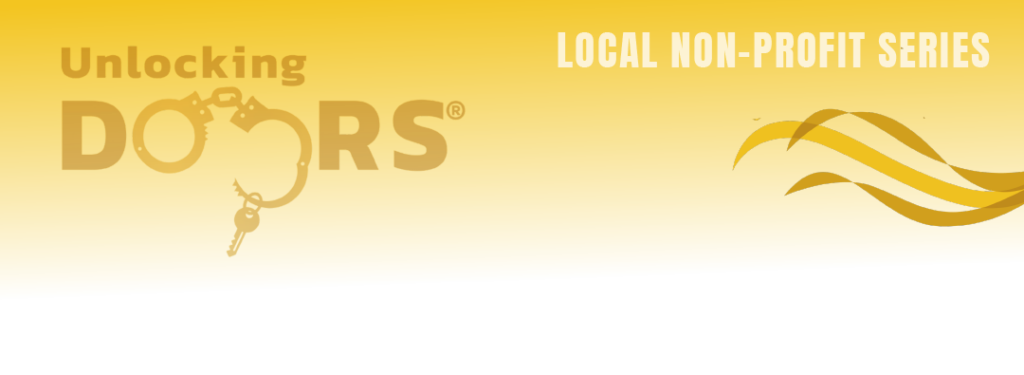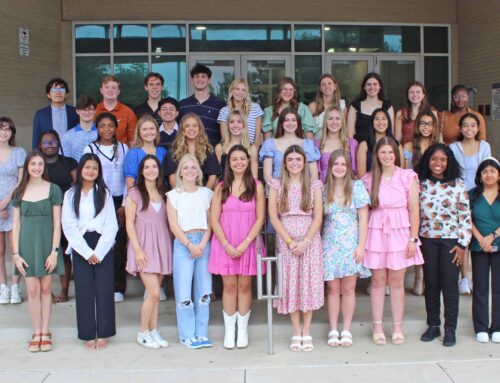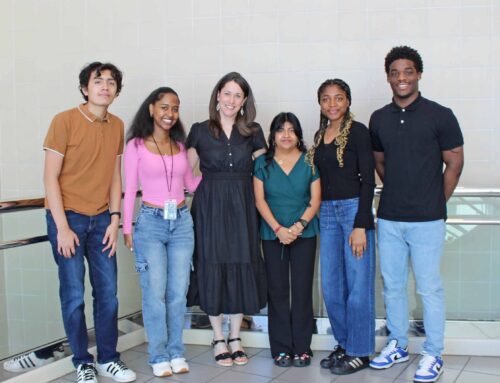When one door closes, another opens.
That’s particularly true when it comes to Unlocking Doors, a nonprofit that helps incarcerated individuals transition back into society. Started by Christina Crain in 2010, the organization has served over 7,000 people incarcerated in and around Dallas.
And, Unlocking Doors boasts a 92% success rate of preventing repeat offenses.
Crain is an attorney and chaired the Texas Board of Criminal Justice for several years, where she oversaw the incarceration, parole and probation of adult felons throughout the state. The position gave Crain a unique opportunity to see what is — or isn’t — being done for individuals who are re-entering society.
After leaving the board, Crain wanted to make sure that those individuals were being set up for success.
Unlocking Doors’ voluntary program aims to keep the formerly-incarcerated out of the criminal justice system by assigning each person with a mentor called a ‘re-entry broker.’
The brokers do a high-level assessment of each client, determining everything from the risk of reoffending to the specific needs that they have including employment, health care, mental health, substance abuse, treatment, housing and transportation.
“Every individual has different needs and different skill sets,” Crain says. “Two people may both need a job, but their expertise is going to be different. Or they may both need housing, but one may have children.”
Unlocking Doors partners with over 200 different organizations that provide various services and job opportunities for their clients.
“We just had a client who came in two years ago who called to say he wanted to thank us because he’s had a great job for a year and a half and wouldn’t have gotten where he needed to go without our help,” she says.
While triggers could cause clients to re-offend, Unlocking Doors’ model ensures clients have a mentor to turn to.
“What makes us different from the 60 or 90-day programs is simply being here at all times,” Crain says. “We know that if you come to us, we’re going to be here for you no matter what.”
The program aims to address any barriers a client may face, from the type of crime committed to gender or age.
“At the end of the day, we’re all humans. And from the humanistic standpoint, it’s just the right thing to do,” Crain says. “If we can do that, it makes our community safer and more productive.”






